
Thalassemia Hair
Meaning ❉ Thalassemia Hair refers to the unique characteristics and challenges of hair influenced by the inherited blood disorder thalassemia within diverse heritage contexts.

Anemia Hair Loss
Meaning ❉ Anemia Hair Loss is a condition where reduced iron levels impair oxygen delivery to hair follicles, causing shedding and textural changes, often viewed through the lens of rich cultural hair traditions.
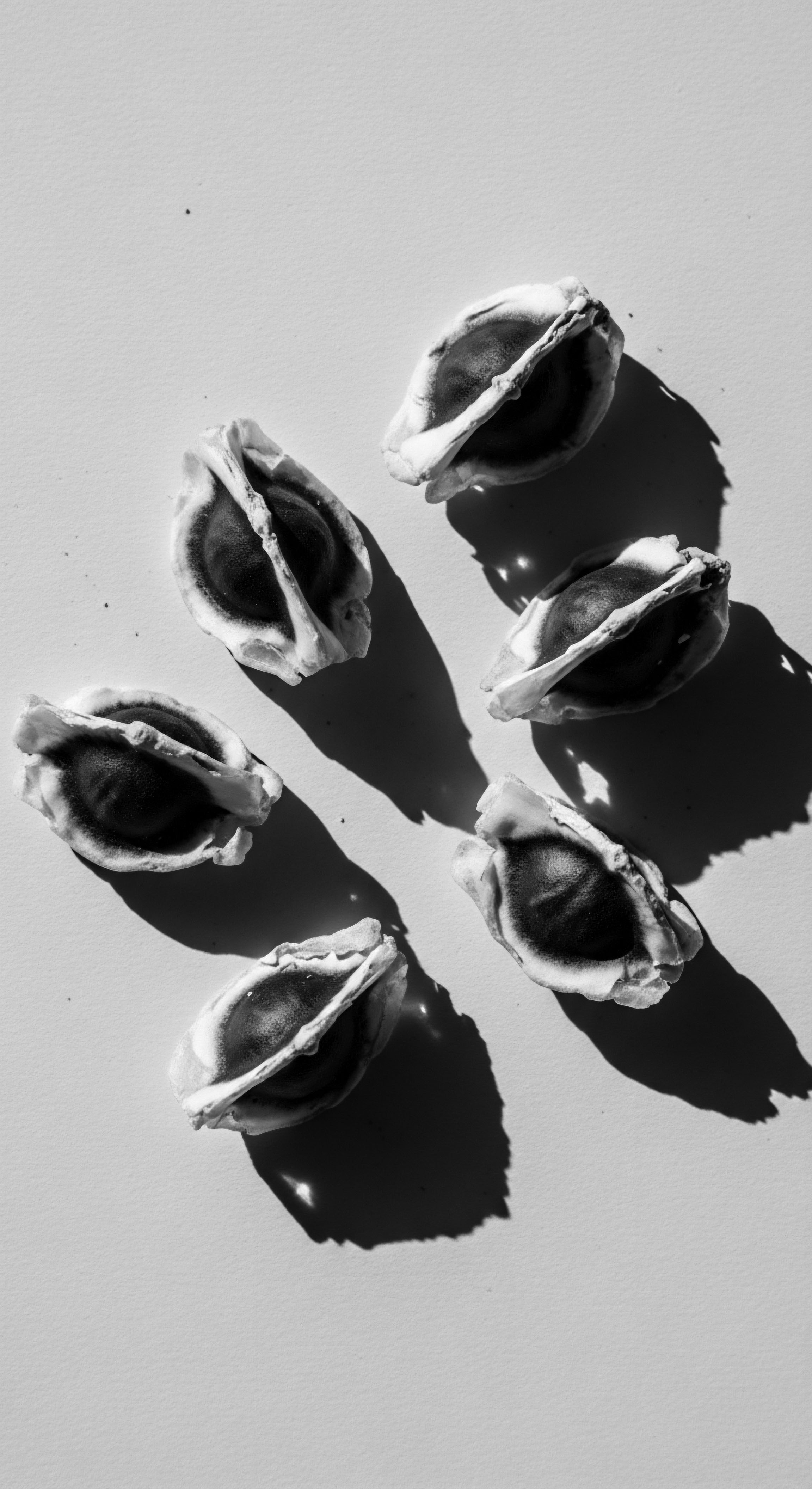
L-Theanine Hair
Meaning ❉ L-Theanine Hair describes the vitality and resilience of strands reflecting an internal state of serene balance and cellular well-being.
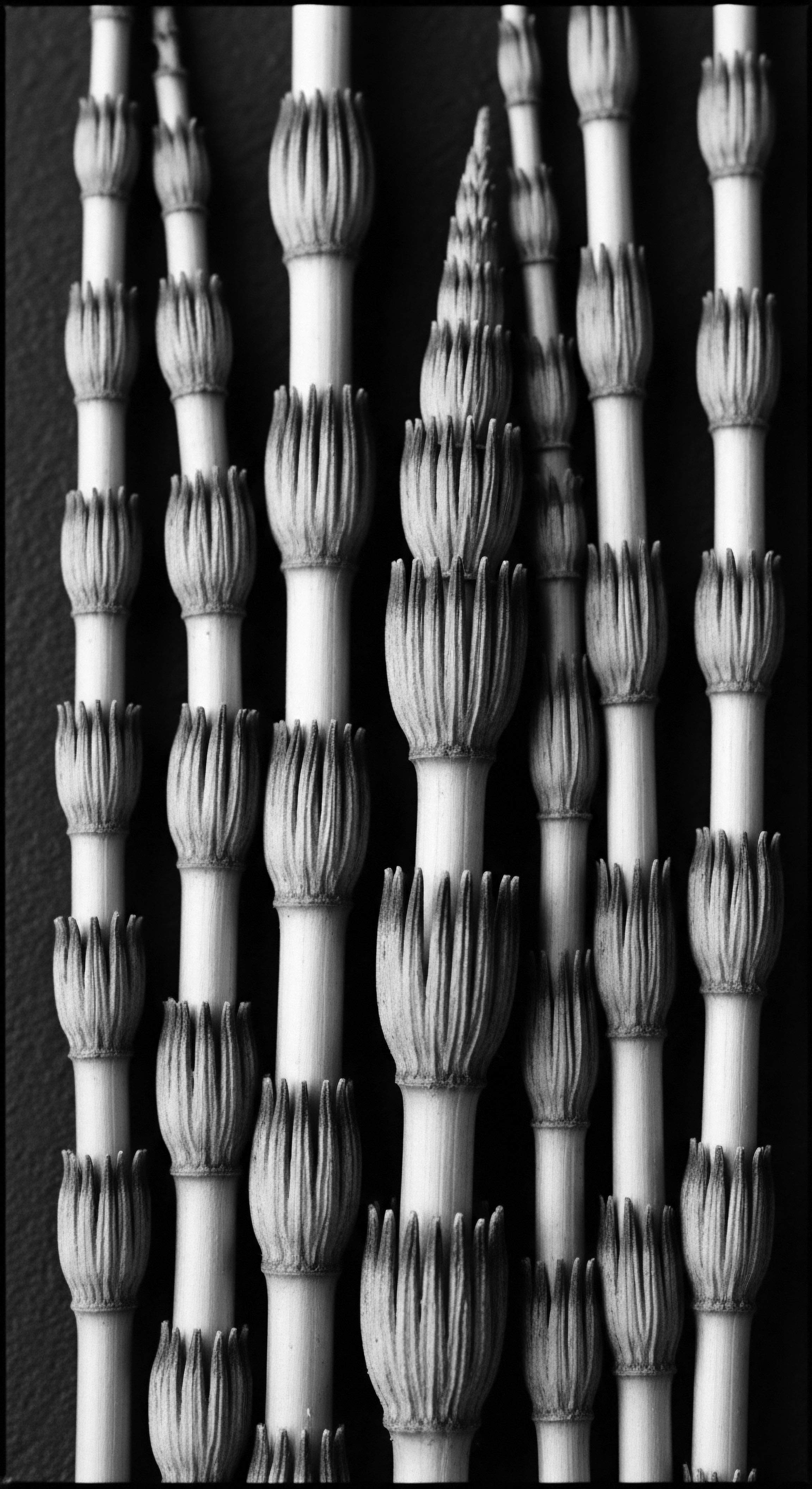
Are Traditional Textured Hair Remedies Scientifically Supported?
Traditional textured hair remedies, rooted in ancestral practices, often find scientific affirmation through modern studies validating their active compounds and benefits.
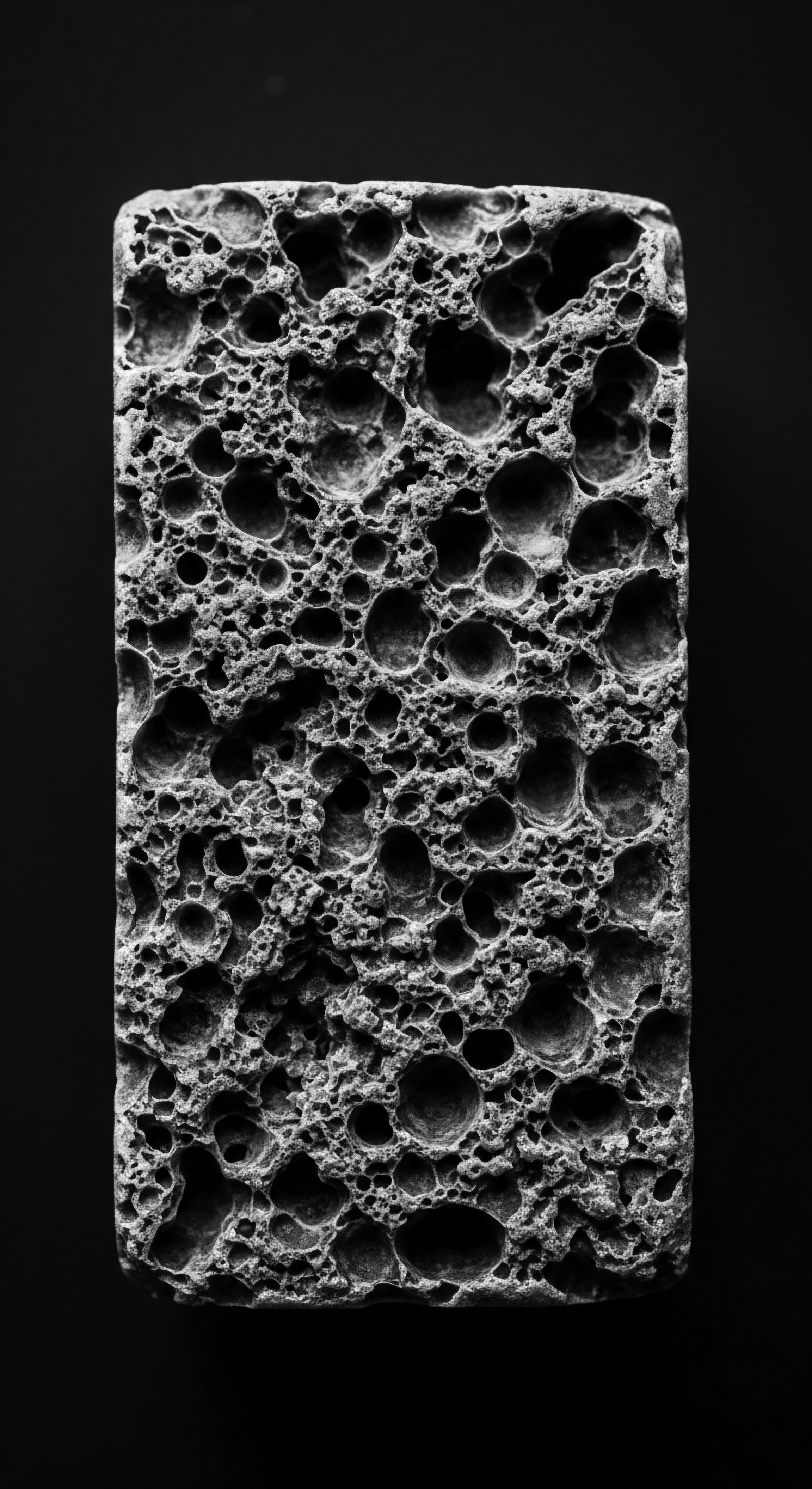
How Does Thymoquinone Benefit Textured Hair?
Thymoquinone supports textured hair by fostering scalp health, enhancing hair strength, and honoring generations of ancestral care.
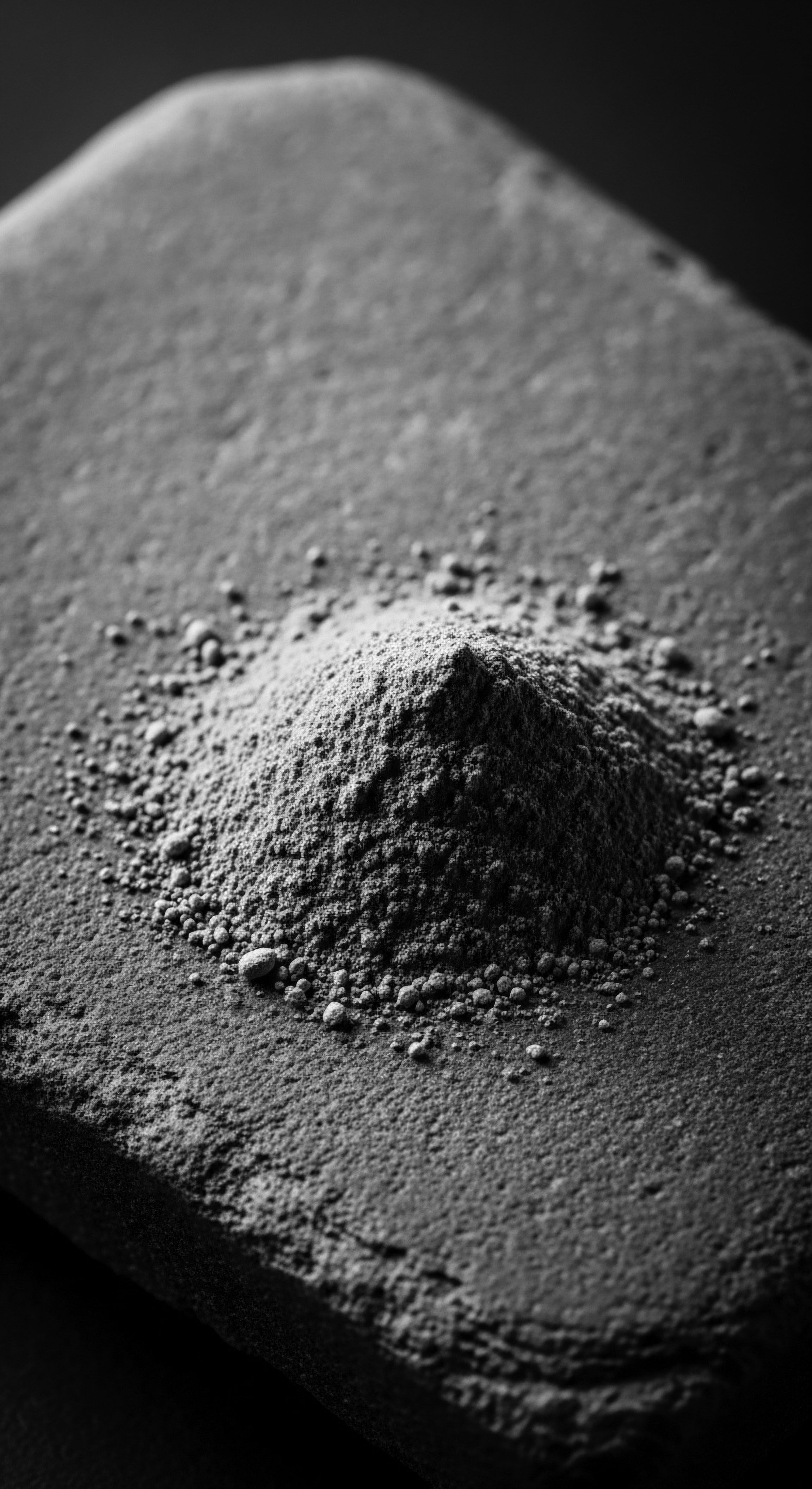
What Scientific Understanding Validates Ancient Textured Hair Practices?
Ancient textured hair practices are validated by modern science's understanding of hair structure and natural ingredient properties.
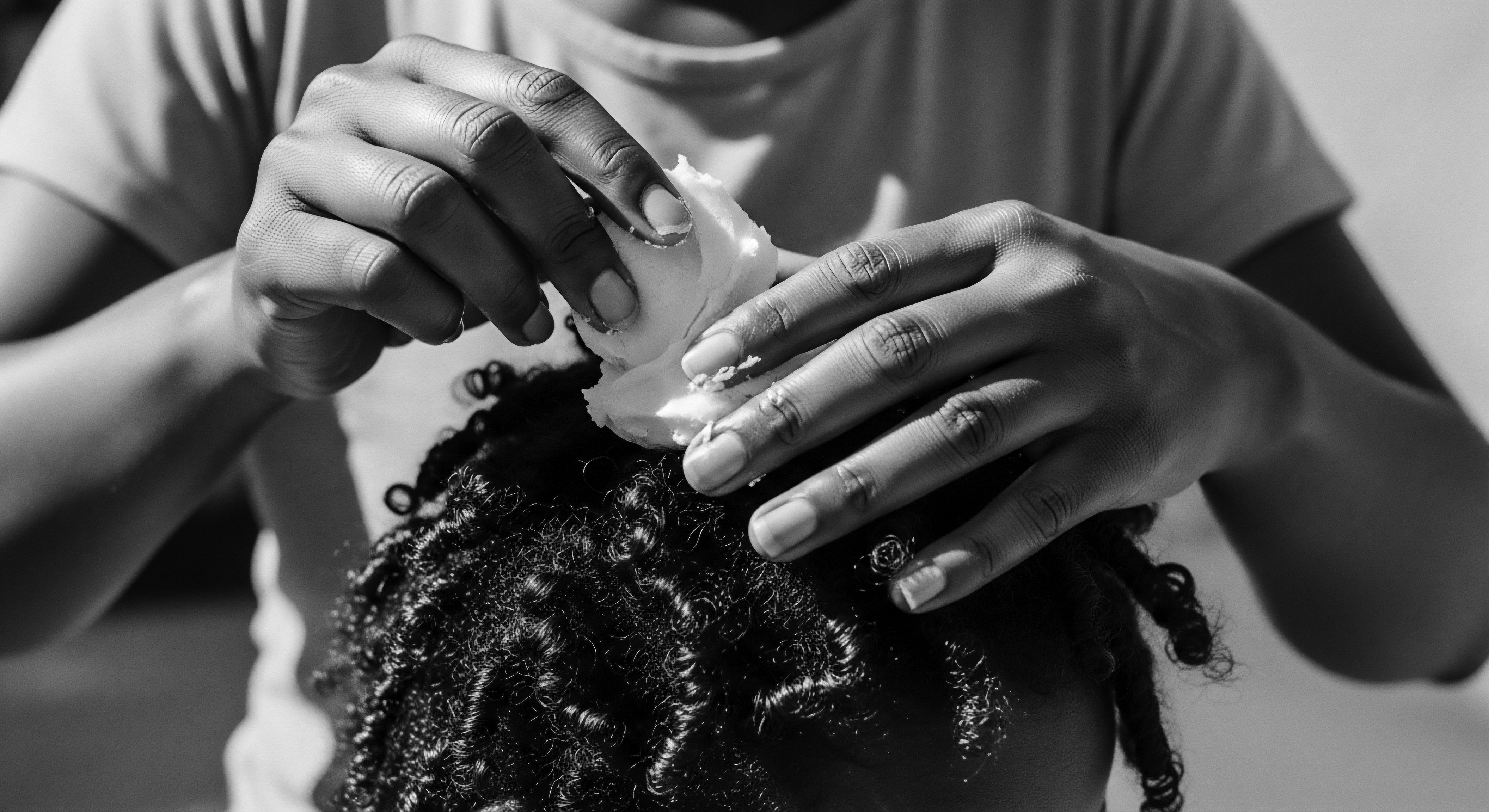
Ferritin Hair Health
Meaning ❉ Ferritin Hair Health describes the optimal state of hair vitality influenced by the body’s iron stores, a connection deeply rooted in heritage.

Ferritin Definition
Meaning ❉ Ferritin is a crucial protein that stores iron, essential for robust hair growth and the preservation of textured hair's strength and unique form.
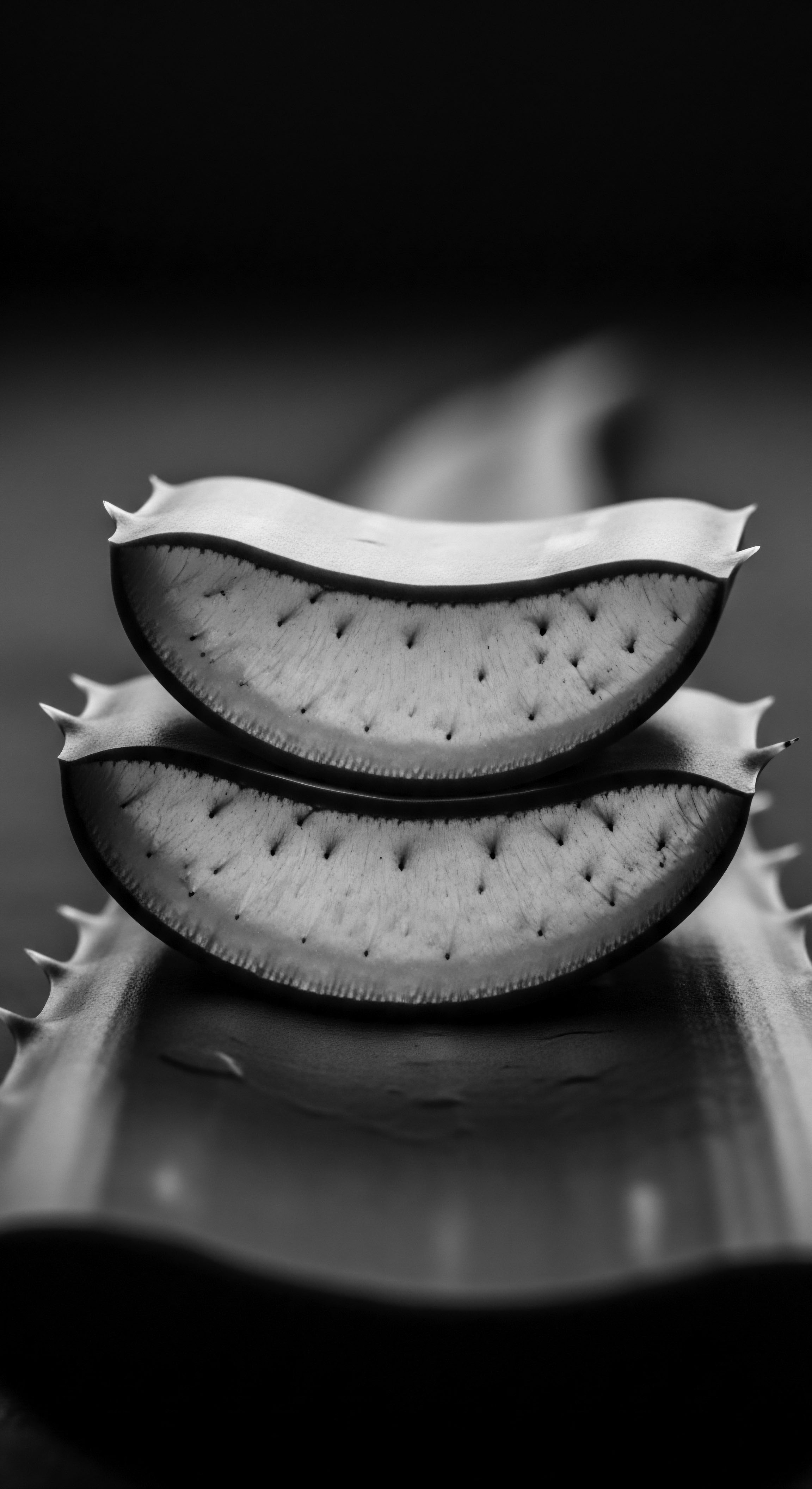
Micronutrient Hair Health
Meaning ❉ Micronutrient Hair Health is the optimal vitality of hair through essential vitamins and minerals, mirroring ancestral care and cultural resilience.
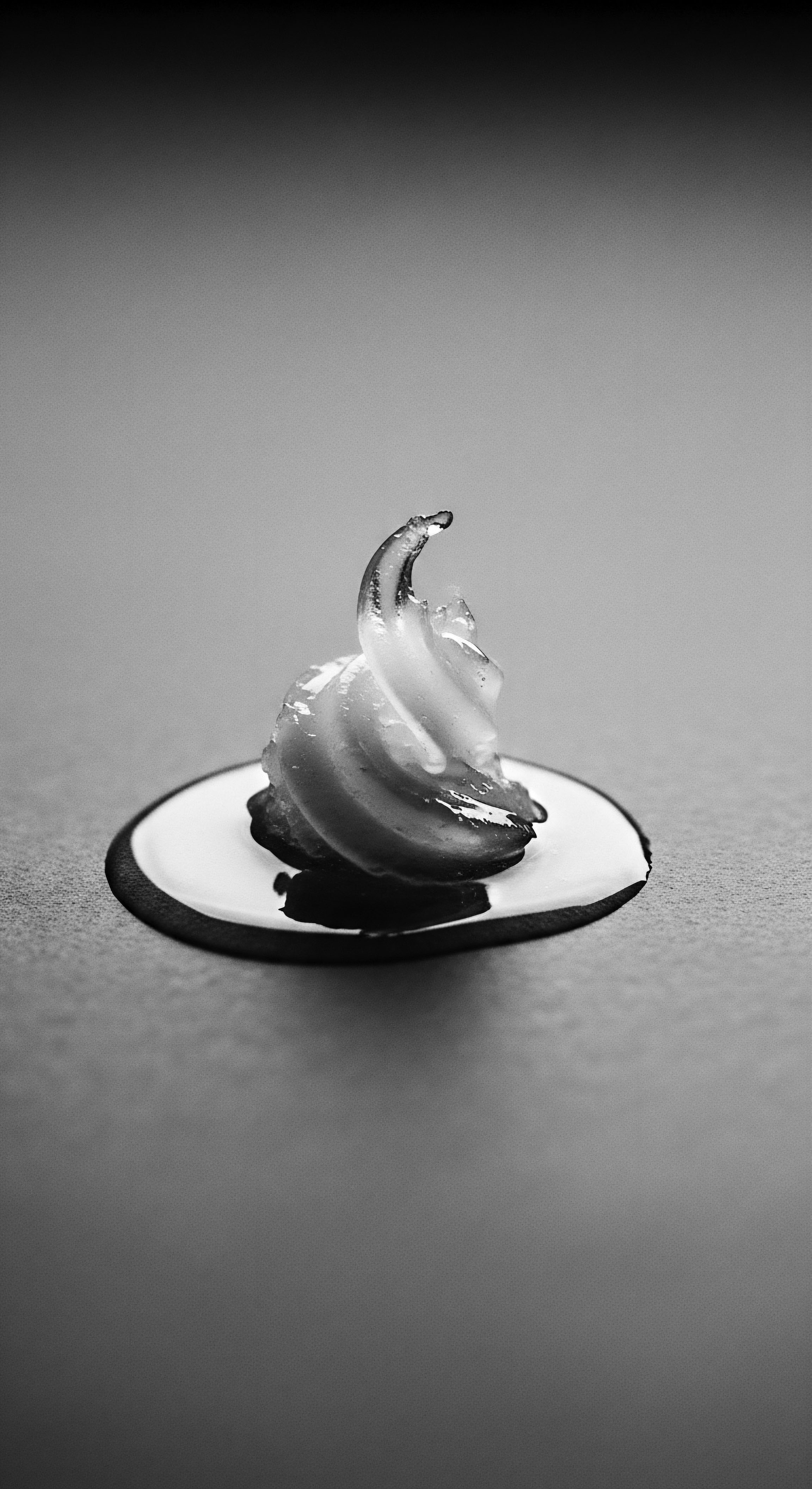
Teff Benefits
Meaning ❉ Teff Benefits encompass the foundational nutritional support from this ancient grain, vital for enhancing the strength and vitality of textured hair through ancestral wisdom.

Micronutrients
Meaning ❉ Micronutrients are the vital vitamins and minerals that underpin healthy hair growth and structure, deeply connected to ancestral hair care and heritage.

Circadian Hair Health
Meaning ❉ Circadian Hair Health reveals how hair's growth and vitality are intrinsically linked to the body's natural daily rhythms and ancestral care.

Nigella Sativa Hair Care
Meaning ❉ Nigella Sativa Hair Care represents the historical and scientific application of black seed oil to fortify hair, deeply rooted in cultural heritage.
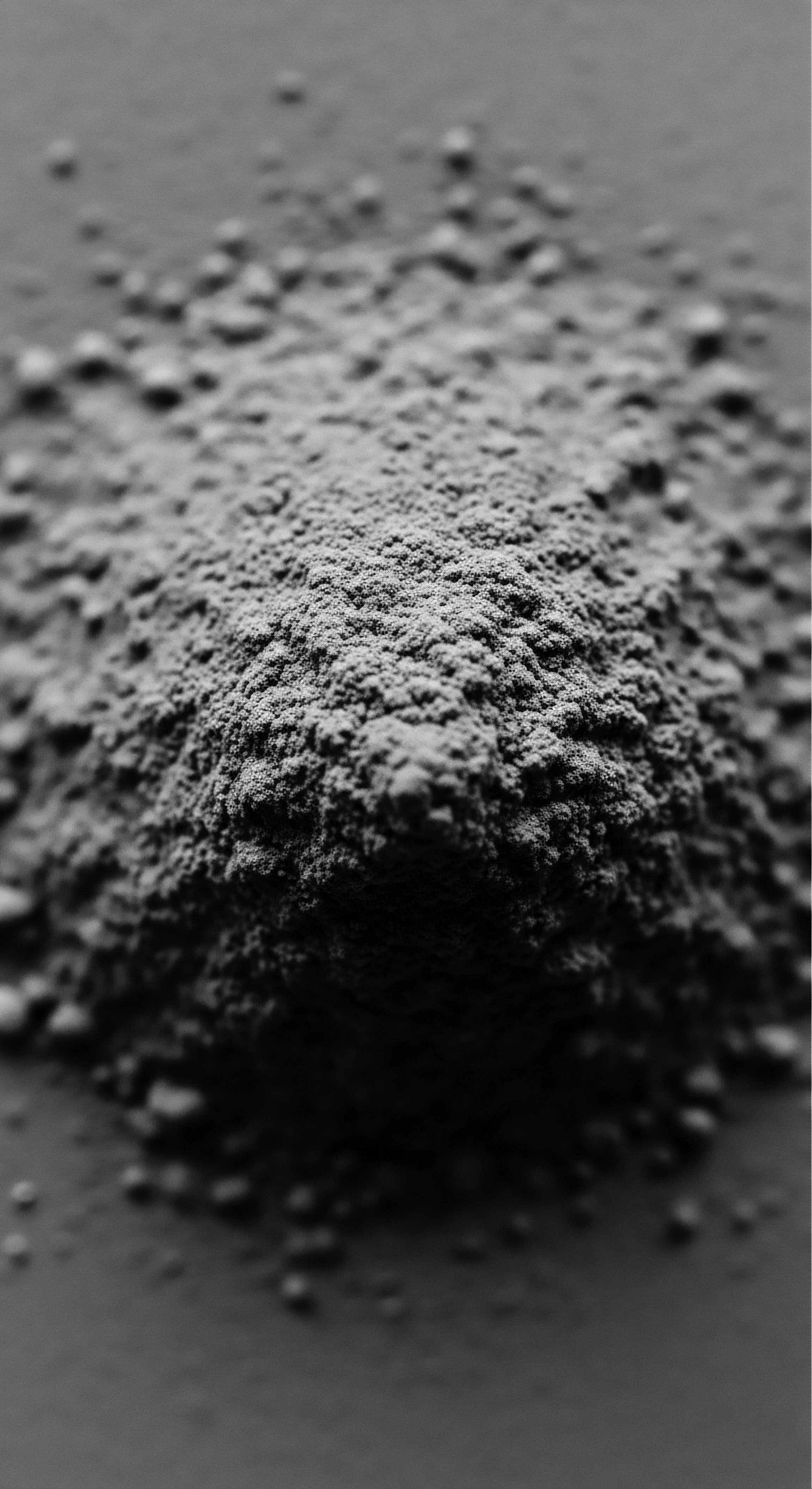
Thymoquinone Hair
Meaning ❉ Thymoquinone Hair signifies hair vitality and scalp balance, rooted in ancestral black seed wisdom and validated by modern scientific understanding.
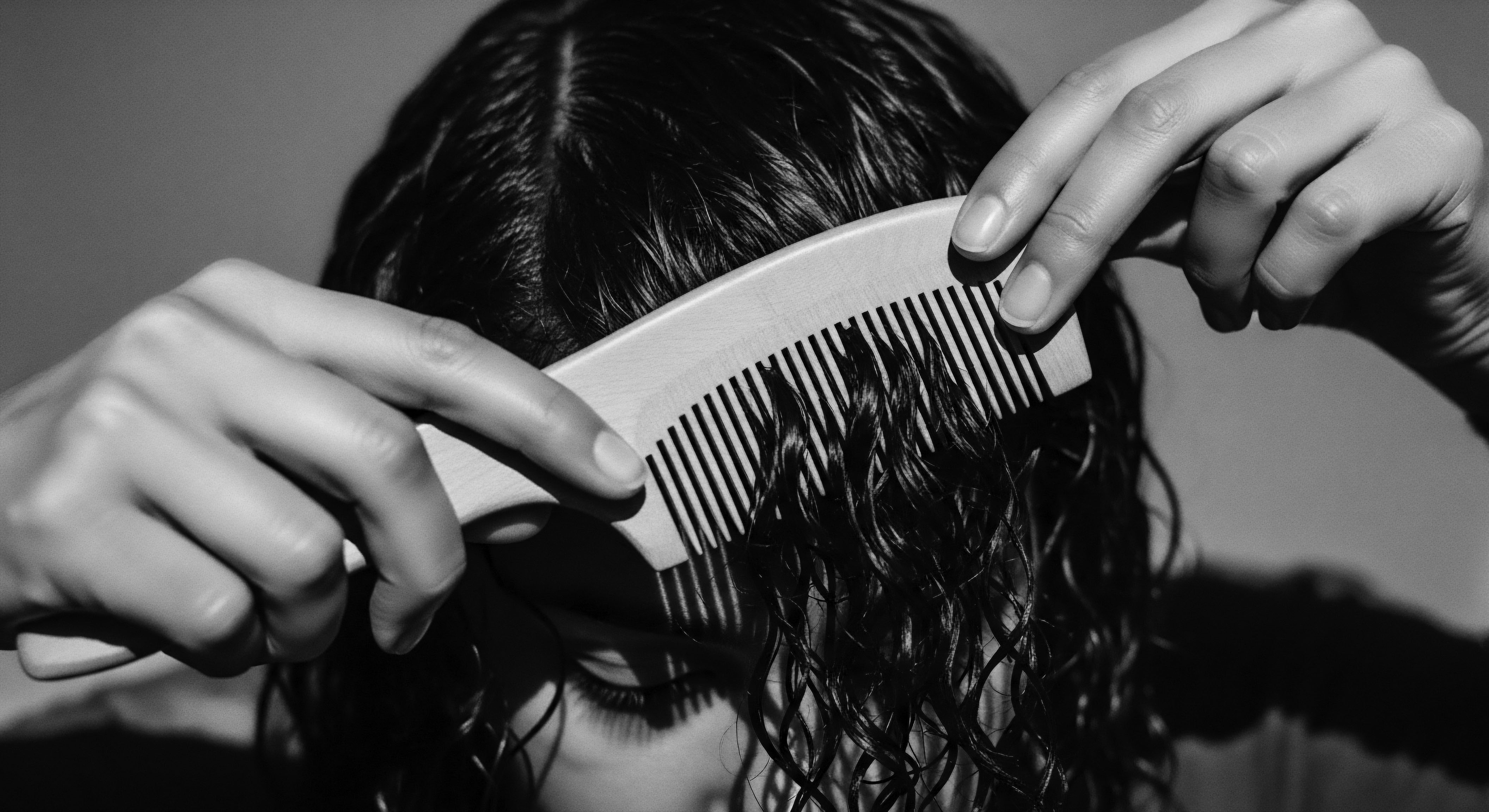
Ashwagandha Hair Care
Meaning ❉ Ashwagandha Hair Care is a holistic approach applying ancient adaptogenic botanical wisdom to fortify and nurture textured hair, honoring its historical legacy.
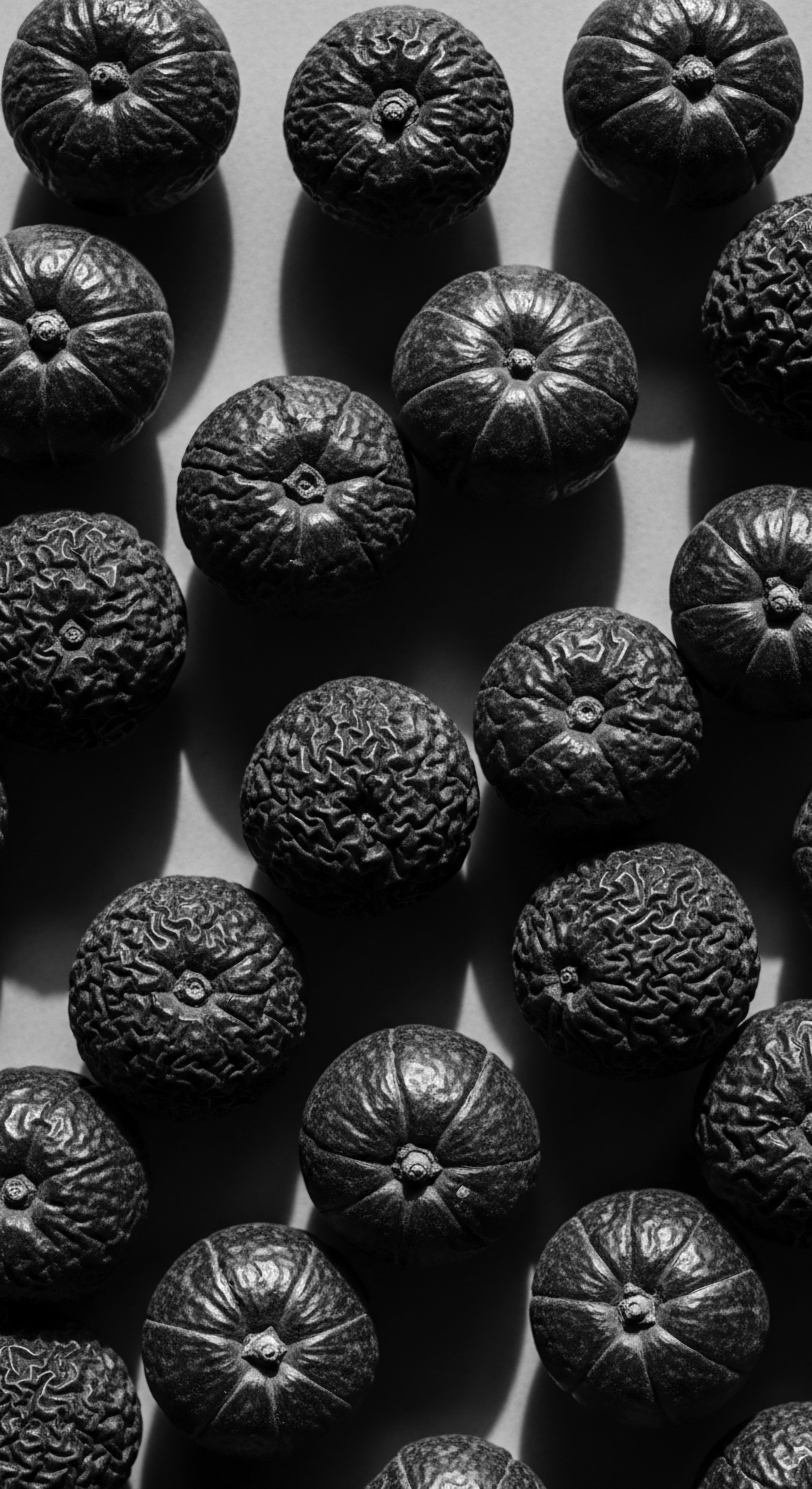
Ashwagandha Definition
Meaning ❉ Ashwagandha Definition refers to the comprehensive understanding of Withania somnifera, a botanical revered for its adaptogenic properties that support holistic well-being and hair vitality within ancestral care traditions.
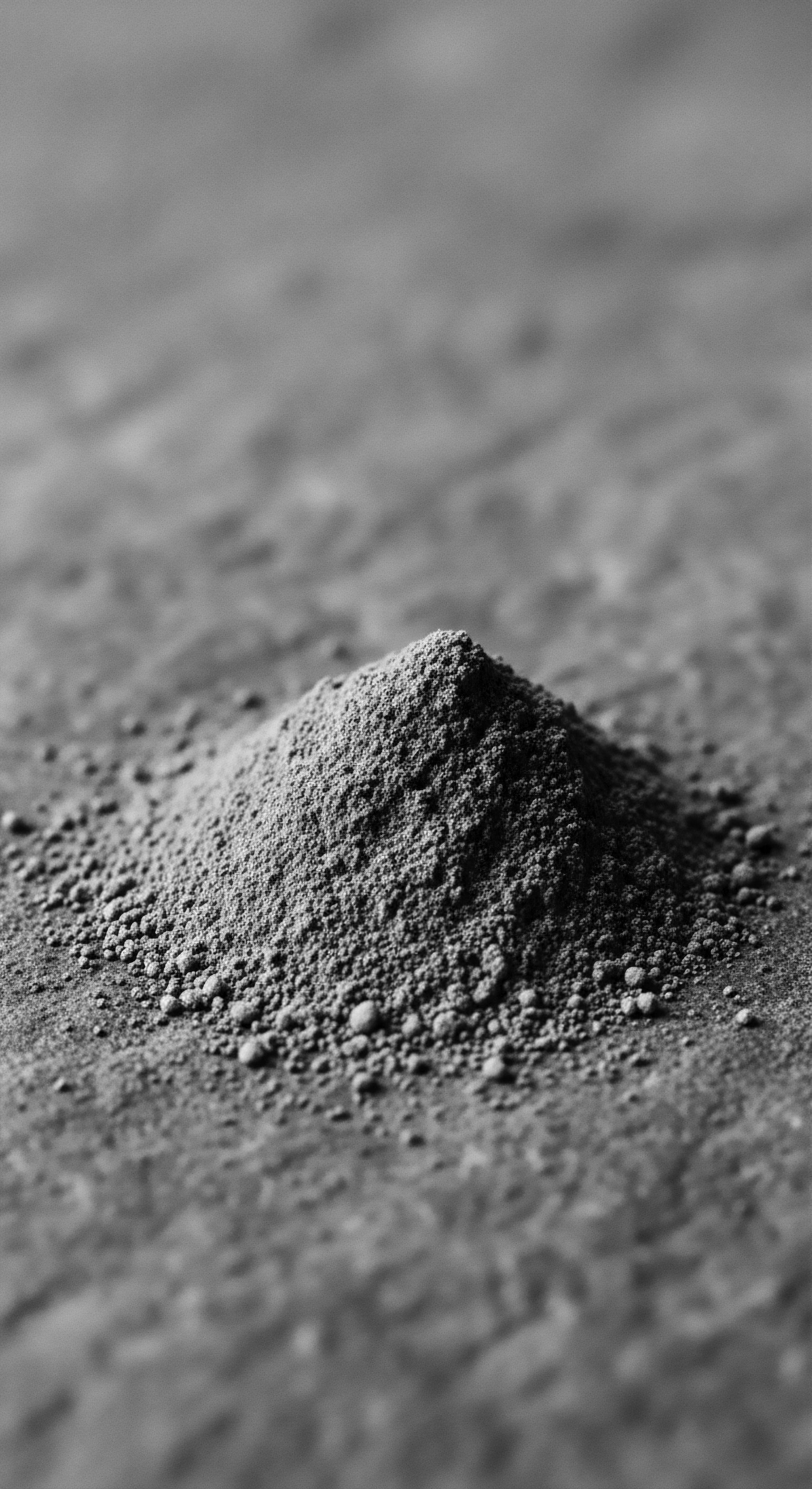
Ashwagandha
Meaning ❉ Ashwagandha is a revered adaptogenic herb that supports the body's resilience, mirroring ancestral holistic care traditions for textured hair vitality.

Hair Health Connection
Meaning ❉ The Hair Health Connection clarifies the deep link between hair vitality, systemic wellbeing, and the profound cultural heritage of textured hair.

Cortisol Hair Growth
Meaning ❉ Cortisol Hair Growth describes how stress hormones affect hair follicle function, impacting growth and vitality, particularly for textured hair due to unique heritage and societal pressures.
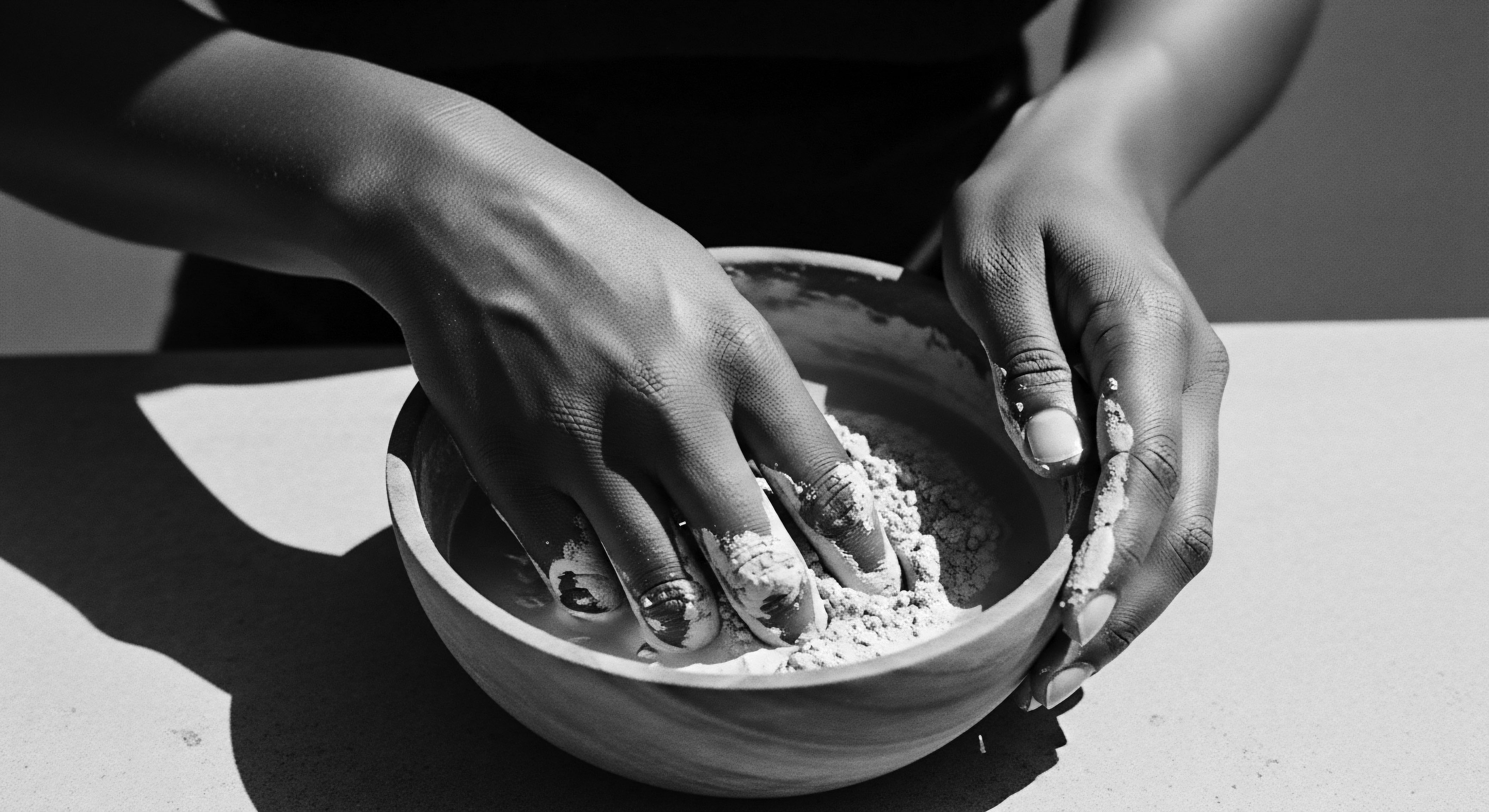
Cortisol Impact
Meaning ❉ Cortisol Impact describes how stress hormones affect hair health, particularly textured hair, influenced by historical and cultural stressors.

Psychocutaneous Disorder
Meaning ❉ Psychocutaneous disorder describes the complex interplay between psychological states and dermatological conditions, profoundly affecting textured hair experiences and self-perception.

HPA Axis Definition
Meaning ❉ The HPA axis is a central neuroendocrine system governing stress responses, deeply influencing textured hair health, reflecting historical and cultural burdens.

What Ancestral Rituals Supported Textured Hair Health in Hammams?
Ancestral hammam rituals deeply supported textured hair health through humid environments, natural ingredients, and mindful practices, honoring its unique heritage.

Gut Health
Meaning ❉ Gut Health refers to the optimal functioning of the gastrointestinal system and its microbial ecosystem, influencing nutrient absorption and systemic well-being.

Neurobiology of Scalp
Meaning ❉ The Neurobiology of Scalp examines the intricate neural, immune, and cellular interactions shaping scalp health and hair vitality, deeply rooted in heritage.

What Scientific Principles Affirm Traditional Textured Hair Care Wisdom?
Traditional textured hair care wisdom is affirmed by modern scientific principles that validate ancestral practices of moisture retention, friction reduction, and structural protection.

Psychodermatology Hair
Meaning ❉ Psychodermatology Hair explores the profound link between psychological well-being, societal pressures, and the health of hair, especially textured hair.

Postpartum Shedding
Meaning ❉ Postpartum Shedding describes the temporary, increased hair release after childbirth, a natural hormonal shift often influenced by heritage and care practices.

